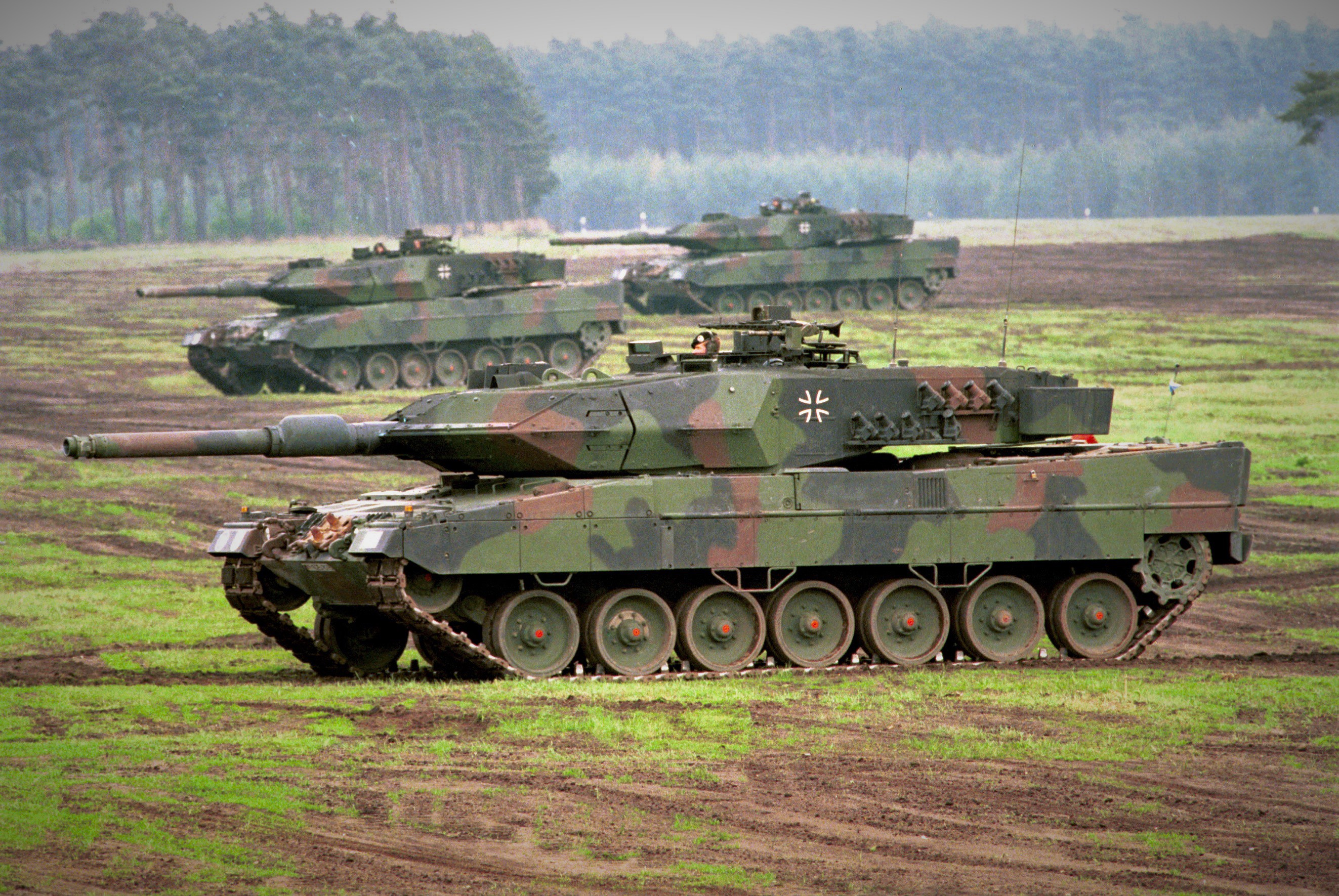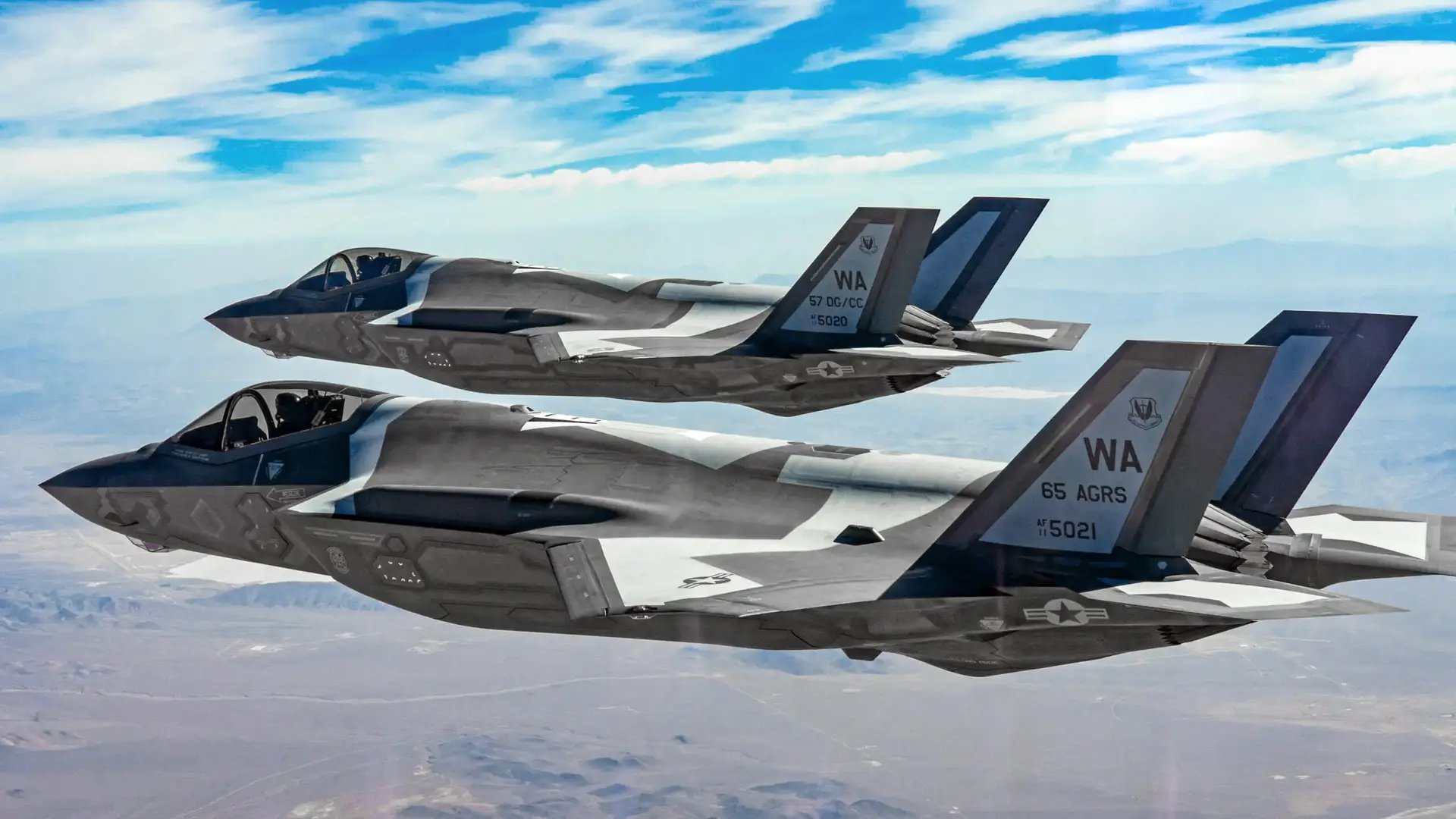The new German Defense Minister, Boris Pistorius, has made alarming observations about Berlin’s ambitious defense spending just days after taking over the reins after Christine Lambrecht’s resignation.
Boris Pistorius recently said in an interview that the special defense fund of 100 billion euros ($108.5 billion) would not be sufficient for Germany to modernize its military and pay for equipment maintenance.
“The 100 billion euros will not be enough,” the SPD politician told the Süddeutsche Zeitung. “We also have new maintenance costs with every new system. So with every new device, there are new and higher running costs.”
When asked whether the regular budget of around 50 billion euros a year would remain, Pistorius replied: “I don’t think that’s enough.” The new Defense Minister emphasized that the country needs to raise its annual regular defense spending from the current level of around 50 billion euros.
The statement is contrary to the assurances given by German lawmakers on multiple occasions that the budget will top the country’s regular defense budget of 50 billion euros for the next few years.
They have maintained the special fund will enable the government to meet the NATO target of allocating 2% of annual GDP to defense spending.

The Olaf Scholz government launched the special fund to the tune of a whopping 100 billion euros to better equip the Bundeswehr after Russia launched the invasion of Ukraine in late February last year.
The proposal was subsequently adopted by the federal council and the German Parliament with the majority of votes in June.
The new position communicated by the Defense Minister is significant given that the German government has recently been in the line of fire for “not doing enough” to help Ukraine bolster its position against Russian troops.
Pistorius recently announced that he held discussions with the local arms industry to quickly fill shortfalls in the Bundeswehr, left by shipments to Ukraine. He said, “Of course, we’re on our way to get replacements.” However, tanks are not “on the shelf to go.”
Berlin has been pushed around for several months on the question of arming Ukraine with powerful main battle tanks, a decision it sat on for weeks before conceding. After the announcement for the tanks was finally made, Ukraine renewed its pitch for fighter jets, which according to Pistorius, is already ruled out.

As previously reported by EurAsian Times, Deputy Foreign Minister and former ambassador of Ukraine to Germany, Andrii Melnyk, appealed to the German government on January 15 to transfer 93 Tornado fighter jets to Ukraine, which are yet to be replaced by the F-35 stealth fighters.
However, Pistorius clarified his position in the interview by saying, “Fighter aircraft are much more complex systems than main battle tanks and have a completely different range and firepower. It would be a venture into dimensions that I would currently warn against”.
The move to commit 100 billion euros to defense was previously hailed as historic by the German government and lauded by other NATO allies, including the United States. However, the statement made by Pistorius heralds a stark departure from that position.
German Military Modernization On Track?
To create the ambitious defense fund, Germany had to amend its constitution to exempt it from the country’s so-called debt brake that enforces fiscal restraint. It has been believed that it should be able to use the fund to reach the NATO goal of allocating 2% of its annual economic output to defense, making it the third-largest military spender in the world behind the United States and China.
The move was earlier criticized by the Kremlin, which accused Germany of “remilitarization” as it moved to boost military spending and said it increased security risks. However, just months after the money was pledged, problems started to surface for the German Defense Ministry.
The law establishing the special arms fund came into force on July 1. However, it is not precisely 100 billion euros when seen in its entirety. The money has been partially lowered because the German Ministry of Finance (BMF) lent €100 billion to the Defense Ministry with a 5% “lenders rate,” according to Christian Molling, research director at the German Council on Foreign Relations. Inflation also takes a 10% bite out of the total, leaving €85 billion.
Further, in October 2022, some government sources informed the media that Berlin struggled to ramp up defense procurement or even replace arms and munitions supplied to Ukraine over the months. “There is almost no movement at all,” a source involved in German defense procurement procedures told Reuters.

A very significant acquisition was made just two months later. In December, the country’s Federal Ministry of Defense (BMVg) signed a letter of offer and acceptance for acquiring F-35 stealth fighter jets from Lockheed Martin. Germany’s budgetary committee approved funding for 35 fifth-generation jets for $8.8 billion.
However, even the purchase of the stealth fighter jet that will bolster German air power in the region has been offset with several difficulties. Germany’s military-industrial complex earlier said that the decision to buy the F-35 Lightning II fighter jets would adversely impact the domestic arms industry.
It contended that the country would ooze out a considerable sum of money on maintenance which will take place outside the purview of German industry.
A German defense official recently revealed that Germany is starting a quickly accelerated purchase procedure to provide personnel equipment, including protective gear, night vision goggles, and rucksacks, to “each and every” soldier in its armed services over the next three years.
It may be worth noting that the Russian invasion of Ukraine has dramatically impacted the German security calculus, and many more acquisitions and policy changes may be underway as the conflict drags on.
- Contact the author at sakshi.tiwari9555 (at) gmail.com
- Follow EurAsian Times on Google News




